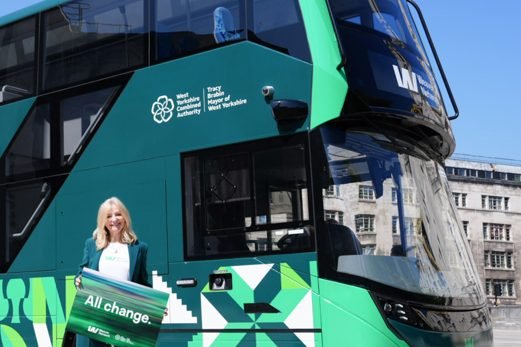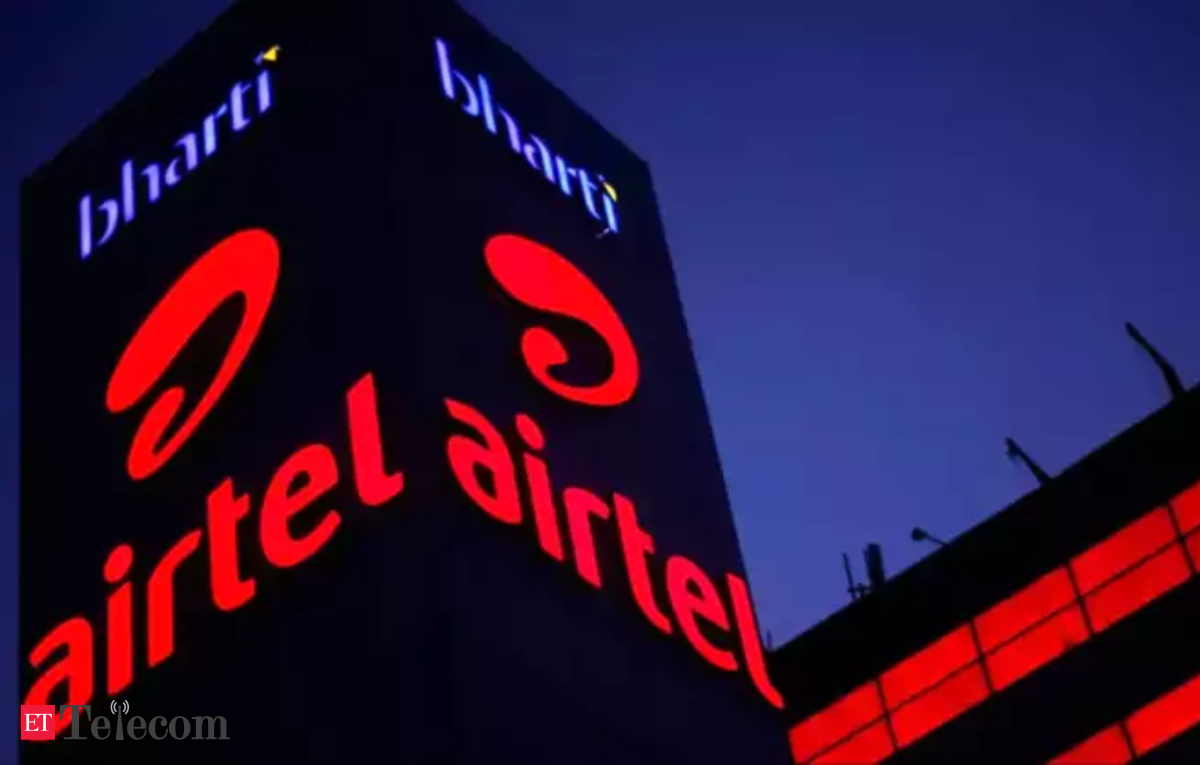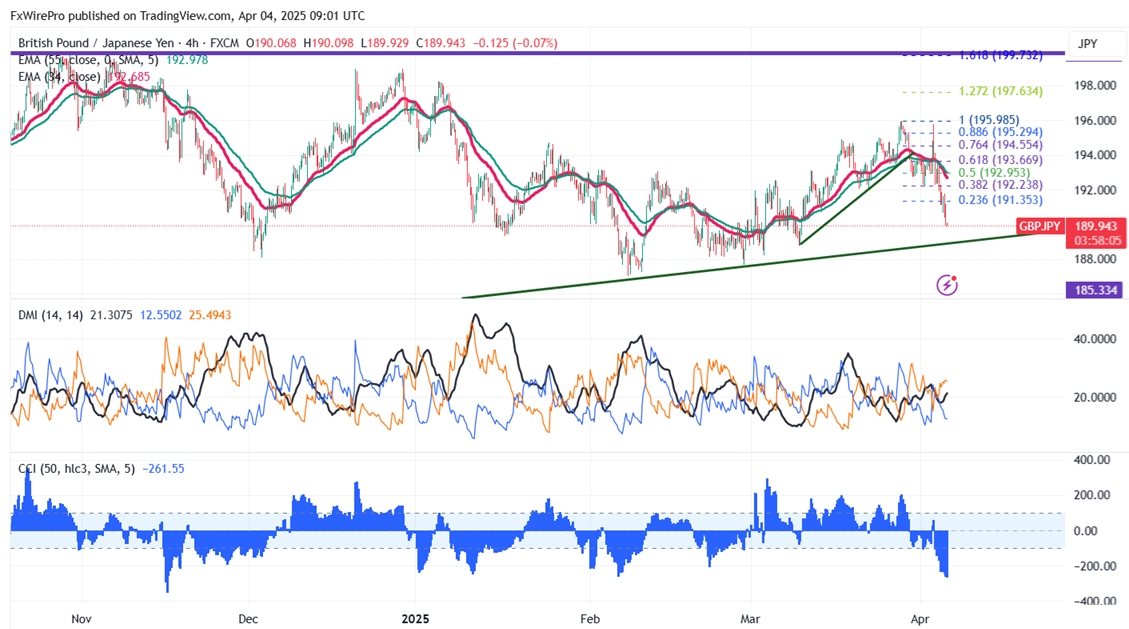West Yorkshire’s bus network is set for a major transformation after council leaders approved a multi-million pound investment in a new fleet of publicly owned, zero-emission electric buses.
The move marks the region’s transition toward greener, more reliable transport. It forms part of the Weaver Network – a fully integrated system that will bring together buses, trains, walking and cycling routes under a single, passenger-focused brand.
Once complete, the new franchised network will see bus fares, routes and timetables set directly by the West Yorkshire Combined Authority (WYCA), with services operated on its behalf through a range of contract types and sizes. The shift will return greater public control to local transport, aiming to deliver a joined-up system that reflects the needs of passengers and the priorities of the region.
WYCA committee members approved a £30m deposit to secure the first batch of vehicles, ensuring the fleet is delivered ahead of the first franchised services launching in April 2027.
Tracy Brabin, Mayor of West Yorkshire, said the investment represents a new era for public transport across the region. “This investment is a major step towards exciting changes for our region’s buses.
“A brand new fleet of zero emission electric vehicles, including features and designs shaped by the people who use them, will be a vital part of an integrated Weaver Network that makes sustainable travel the easy choice.
“Bringing buses under our control will ensure that services work for passengers, creating a greener, better-connected region for everyone.”
The franchising system – the same model used in London – will be rolled out in three phases, each covering a different geographical zone, starting in April 2027 and completing the following year. Once fully implemented, the structure will allow WYCA to set consistent standards across the network and reinvest revenue back into local services.
The Weaver Network was unveiled earlier this year, introducing a single, unified identity for West Yorkshire’s transport system. Designed to make travel simple, seamless and sustainable, the network will bring together multiple modes of transport – from buses to trains and active travel routes – under one coordinated plan.
The total cost for the first round of bus fleet orders is estimated at up to £100m, with the £30m deposit securing early delivery and production capacity amid high global demand for electric vehicles.
With the first phase set to begin in 2027, a full rollout is planned by 2028.







